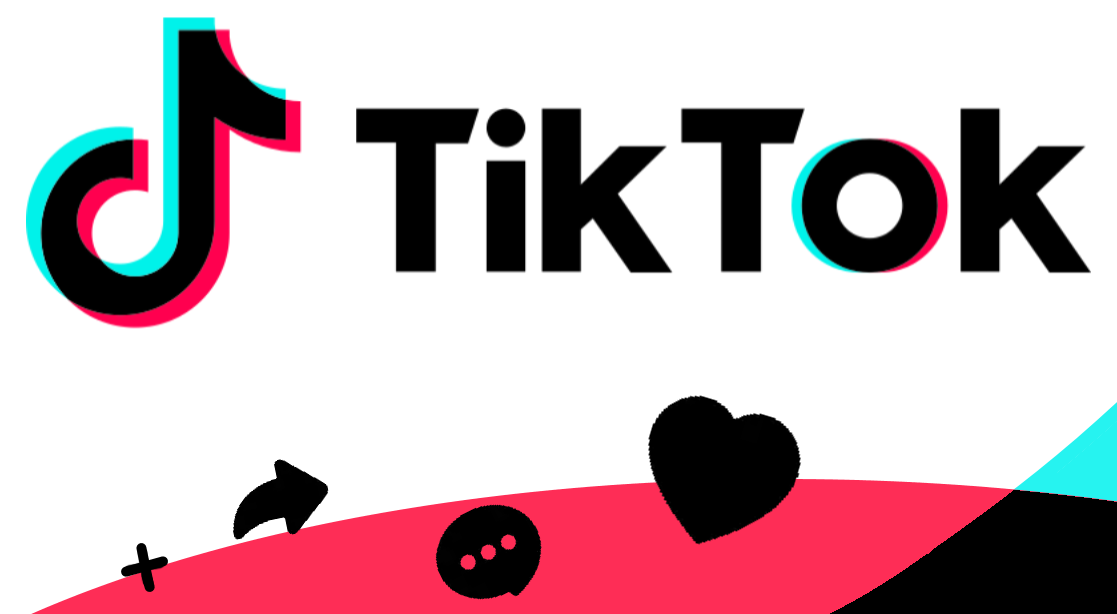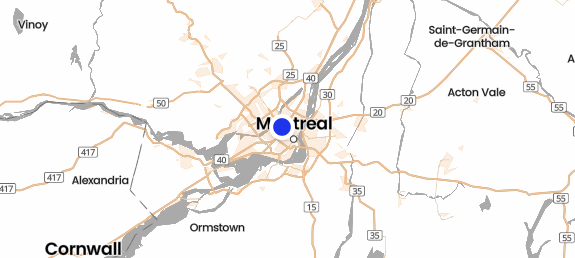
Tiktok’s Vancouver Office Closure is one major move that has sent shockwaves across the technology and social media sectors, TikTok just announced that it is closing its Vancouver office-a decision that denotes a huge shift for both employees and content creators. This is an emotional announcement that has been felt deep within the entire Canadian tech community, as Vancouver has been one of those crucial hubs in North America for operations to be taken care of by TikTok. Everybody is looking forward with great interest to see what this portends for the future of its operations, its employees, and content creation on the platform.
Why is TikTok Closing Its Vancouver Office?
Until now, the shutdown of the Vancouver office of TikTok had been cited as a series of strategic business decisions that were somewhat unexplained. Reporting states that with shifting priorities and dynamic business developments worldwide, the parent company of TikTok, ByteDance, consolidates the resources. Eventually, as it tries harder to streamline its operations, Due to Canadian Government ban on TikTok Vancouver Office. But app is still allowed to be used in Canada.
This move comes amid the firm being on the radar of several governments and regulatory bodies throughout the world, including Canada. There is growing concern about user privacy, the security of data, and relations between TikTok and China. All this compels the company to reassess its strategic direction.
Impact on TikTok Employees
The closure of TikTok’s Vancouver office has resulted in significant layoffs, affecting a large number of employees. Many workers in Vancouver, who have been part of TikTok’s content moderation, development, and analytics teams, are now facing uncertain futures. This move is a bitter blow to employees who had built their careers with the company and contributed to its rapid growth in Canada.
The decision has raised questions about job security in the tech industry, especially for those who work for companies that have large international operations. The Vancouver tech scene, known for its vibrant startup ecosystem, is likely to feel the impact of the closure, as skilled professionals look for new opportunities.
Impact on Content Creators
This is not just a financial impact or a staffing issue, but also puts pressure on creators who have been financially benefiting from the services provided by the TikTok office in Vancouver. It has made Vancouver a hotbed for creators on TikTok, with several Canadian performers building huge followings on the service to grow their audience and expand personal brands.
While TikTok remains a valuable platform for content makers worldwide, losing a local office and community support may make reaching the company and the resources needed harder for creators. Some creators, in fact, may experience the closing of the Vancouver office of TikTok as the loss of a physical space where they had been able to collaborate with other creators, attend events, and get direct support from the platform.
Future of TikTok in Canada and Beyond
Even with the closure of the Vancouver office, TikTok remains on top of the game in terms of social media. The users of the platform continue to grow not just within North America but also in the rest of the world. However, the closure acts as a notice of the deeper pressures placed on technology companies amid shifting political, regulatory, and economic sands.
How well TikTok will be able to rise up to these latest challenges is what will decide its future in Canada. Most likely, TikTok will keep building its digital infrastructure, ranging from online tools and resources for employees and content creators. Improvement in data privacy, security measures, and compliance with local laws will be key to deciding how well TikTok manages to weather the adversity.
What does that mean for users of TikTok?
For the average user, this closing of the Vancouver office will barely have an immediate consequence on their way of interacting or looking at the app. Creators will still upload their videos and interact with their audiences; however, logistical and operational support, which was provided through the Vancouver office by TikTok in the past, might just be more centralized or remote.
This also means, more generally, that the move of the Vancouver office heeds bigger trends in the tech industry, in which companies adjust their physical and operational presence according to changing regulations and market conditions. While that might be an indicator of a more global and digital-first future for companies like TikTok, it also begs questions about what that portends in terms of the future of local offices and community engagement from social media giants.





